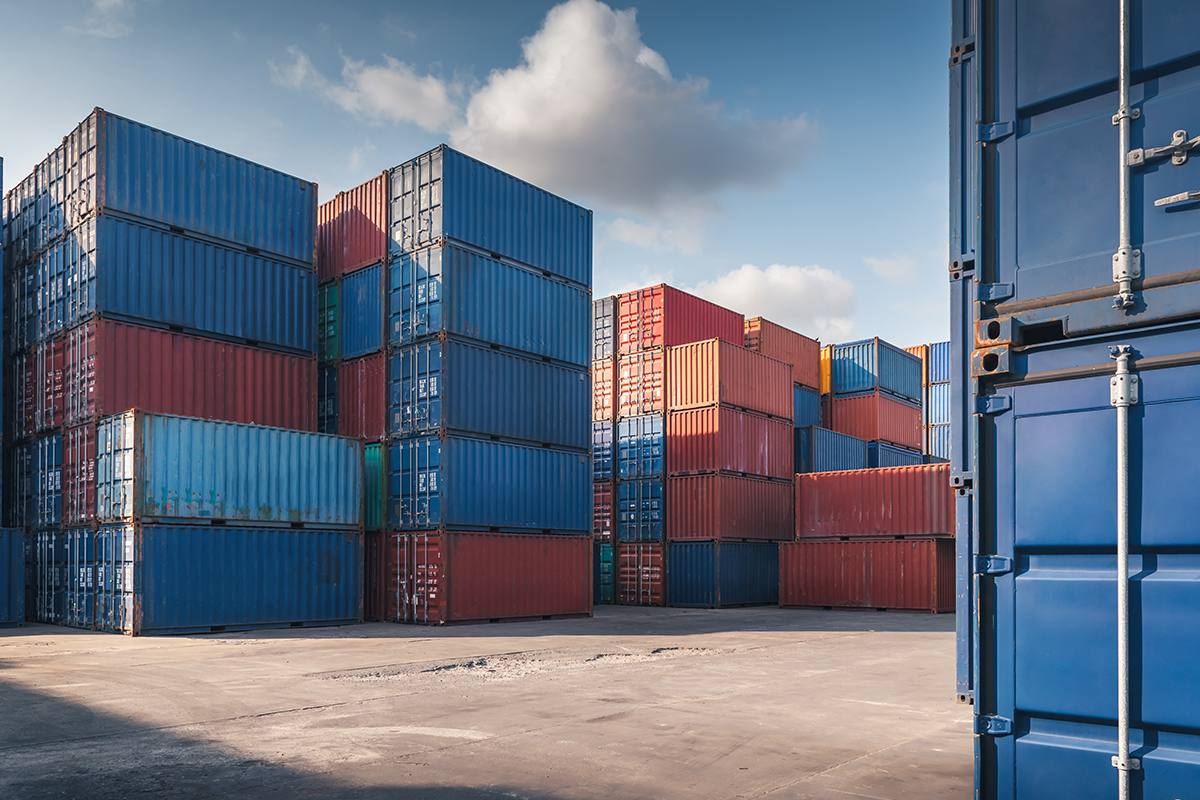Running a small business comes with plenty of challenges—and protecting yourself from fraud is one you shouldn’t have to face alone. Between managing vendors, orders, and inventory, your focus is on keeping things running smoothly and growing your business. Unfortunately, fraudsters are aware of this and often target small businesses when they’re the busiest and most vulnerable.
Supply chain fraud can be difficult to detect and costly when it occurs. From fake invoices to unreliable suppliers, even a single misstep can result in significant losses. The good news? There are simple, practical steps you can take to recognize the warning signs and safeguard your business.
What Exactly is Supply Chain Fraud?
In simple terms, supply chain fraud happens when someone lies, cheats, or steals during the process of buying, selling, or delivering goods. It can happen at any point in your supply chain, whether it’s a vendor faking documents, an employee pocketing inventory, or a supplier overcharging you for goods that never arrive.
Here are a few common types of supply chain fraud that target small businesses:
- Fake suppliers who vanish after receiving a payment
- Inflated invoices for services or products never delivered
- Duplicate billing for the same order
- Kickbacks between dishonest employees and vendors
- Counterfeit products that compromise quality and your reputation
Any of these can significantly impact your budget and disrupt operations.
Tips to Avoid Supply Chain Fraud
Here are practical, proven tips to help you maintain a clean supply chain and keep your business safe:
- Vet Your Vendors. Don’t take vendors at face value. Always do your homework. Check business licenses, look up reviews, verify tax IDs, and confirm contact details. If you’re ordering from overseas, ensure that the seller is registered and compliant with local business laws.
- Avoid One-Person Approval Power. Separate purchasing, receiving, and payment duties whenever possible. If one person can order, receive, and pay for goods, they can easily commit fraud. Establish checks and balances to ensure everyone remains honest.
- Get Everything in Writing. From pricing and delivery schedules to return policies, make sure agreements are in writing and signed by all parties. Verbal deals are risky and nearly impossible to prove if something goes wrong.
- Use Purchase Orders. Purchase orders aren’t just for large companies—they’re a smart tool for businesses of any size. They help create a clear paper trail and set expectations upfront. Make it a habit to match every invoice with its corresponding purchase order and delivery confirmation. If anything doesn’t add up, take the time to look into it.
- Audit Your Inventory and Invoices. Spot-check inventory regularly and review your invoices. Look for red flags, such as duplicate bills, pricing inconsistencies, or sudden changes in order patterns. Fraud often hides in plain sight; if you’re not looking, you may not see it.
- Build Strong Relationships with Trusted Suppliers. When you work with vendors you know and trust, you’re less likely to get scammed. Still, don’t get too comfortable. Always review contracts and pricing annually to ensure fairness and transparency.
- Train Your Staff to Spot Red Flags. Your employees are your first line of defense. Train them to recognize fraud, report suspicious activity, and follow company procedures. A well-informed team is less likely to be fooled.
- Use Technology to Track Orders and Payments. Numerous excellent tools and software platforms help automate and monitor your supply chain. Use them to flag inconsistencies, track approvals, and keep digital records of everything.
What to Do If You Suspect Fraud
If you think you’ve been scammed or you’re seeing signs of suspicious activity, act quickly. Here’s what to do:
- Immediately freeze payments to the suspicious vendor.
- Review all documents related to the transaction.
- Conduct an internal audit to look for similar patterns elsewhere.
- Report the fraud to local law enforcement or financial crime units.
- Contact your bank or credit card company if you’ve made recent payments, as you might be able to reverse them.
- Review your internal processes to determine how the fraud occurred and identify ways to prevent it in the future.
Keep Your Business One Step Ahead
You’ve worked hard to build your business and every dollar matters. While supply chain fraud is a real threat, it doesn’t have to impact you. With the right systems in place, a watchful team, and a healthy dose of caution, you can stay ahead of it. The goal isn’t to be fearful—it’s to be confident. You’re not just protecting your finances but also your reputation, your team, and your peace of mind.


